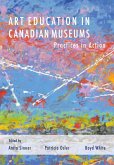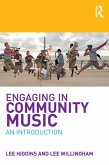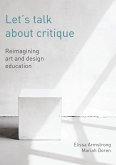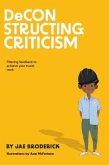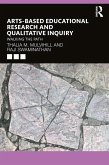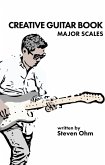Global perspectives on art education as a distinct practice that emerges from community relationships
Invoking transversality as a theoretical framework and a methodological structure, the fifty-five contributors to this volume - community professionals, scholars, artists, educators, and activists from sixteen countries - offer studies and practical examples that explore the complexities of community arts education at all levels. These complexities include challenges created by the COVID-19 pandemic; ongoing efforts to achieve justice for Indigenous peoples; immigration; and the growing recognition of equity, diversity, and inclusion in the workplace among other challenges.
The chapters fall under four themes - connections, practices, spaces, and relations - that map these and other intersecting assemblages of transversality. Thinking transversally about community art education shifts our understanding of knowledge from a passive construct to an active component of social life. This framework also redefines art education as a distinctive practice emerging from the intricate ties that form a community.
Invoking transversality as a theoretical framework and a methodological structure, the fifty-five contributors to this volume - community professionals, scholars, artists, educators, and activists from sixteen countries - offer studies and practical examples that explore the complexities of community arts education at all levels. These complexities include challenges created by the COVID-19 pandemic; ongoing efforts to achieve justice for Indigenous peoples; immigration; and the growing recognition of equity, diversity, and inclusion in the workplace among other challenges.
The chapters fall under four themes - connections, practices, spaces, and relations - that map these and other intersecting assemblages of transversality. Thinking transversally about community art education shifts our understanding of knowledge from a passive construct to an active component of social life. This framework also redefines art education as a distinctive practice emerging from the intricate ties that form a community.
Dieser Download kann aus rechtlichen Gründen nur mit Rechnungsadresse in A, D ausgeliefert werden.




